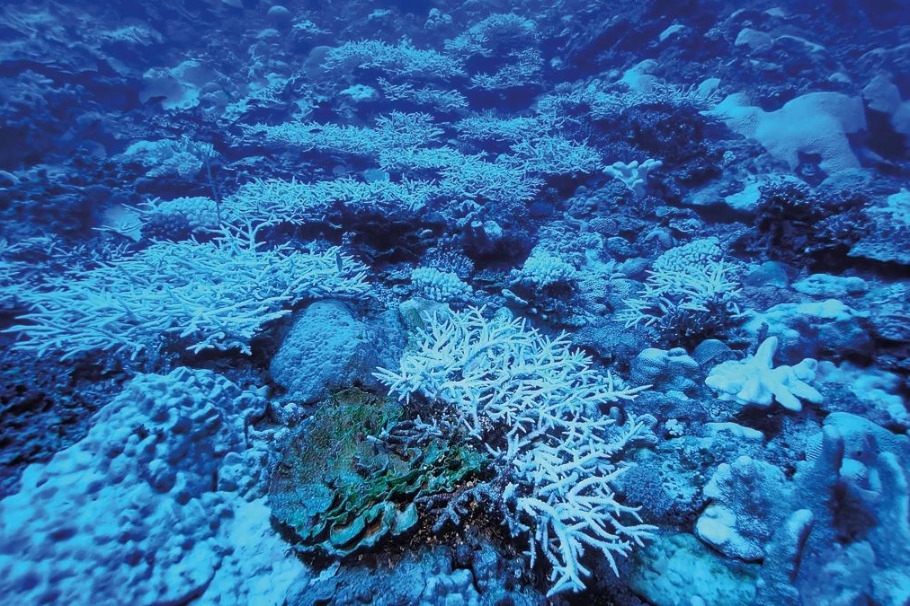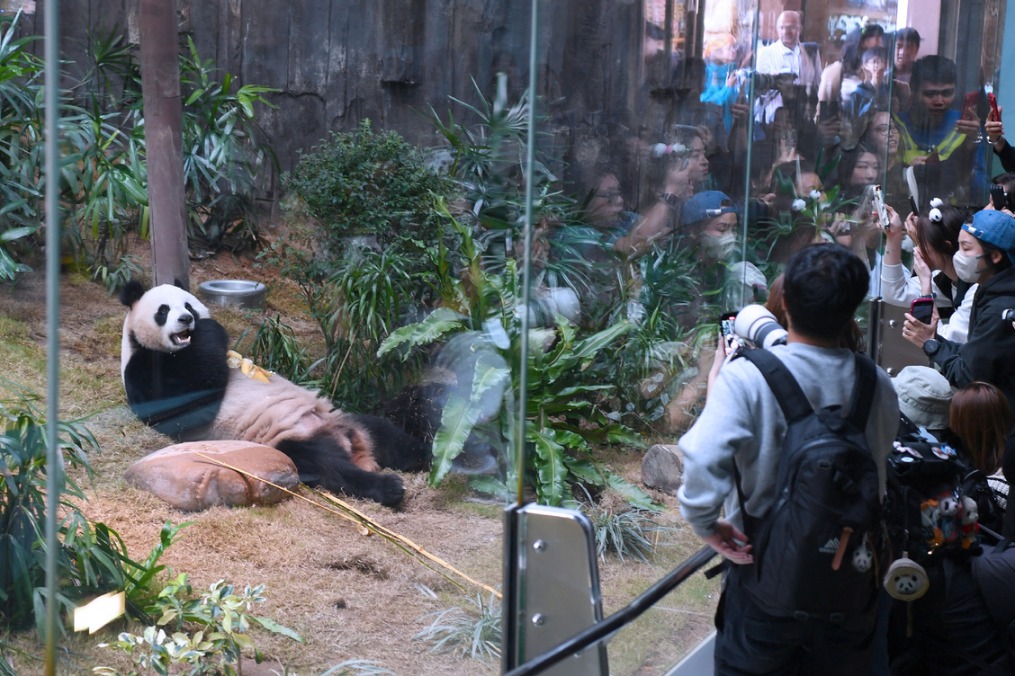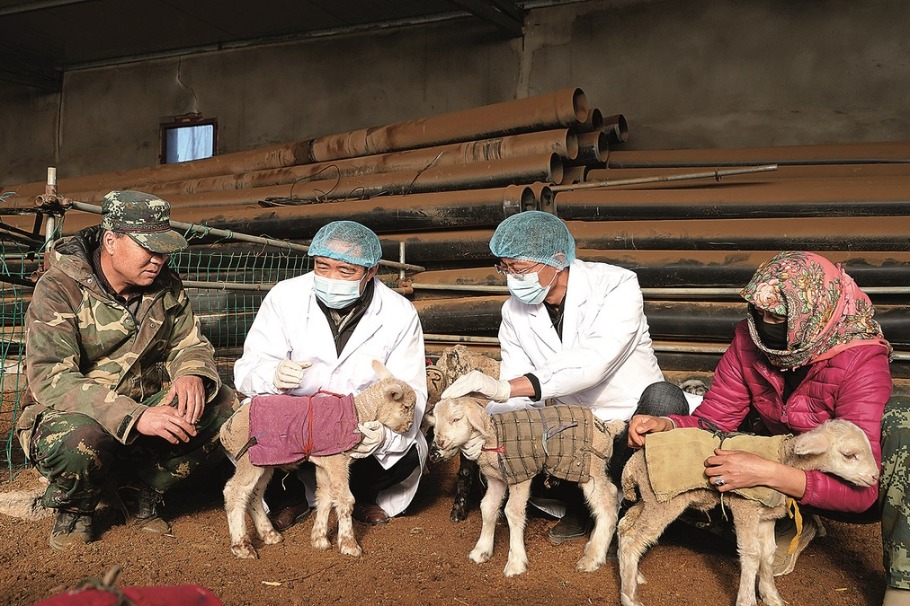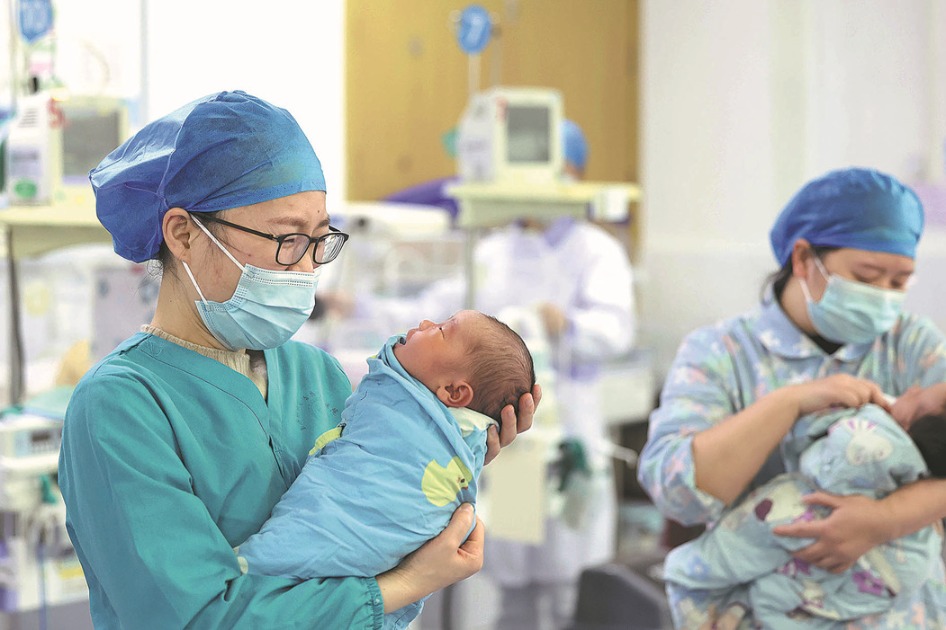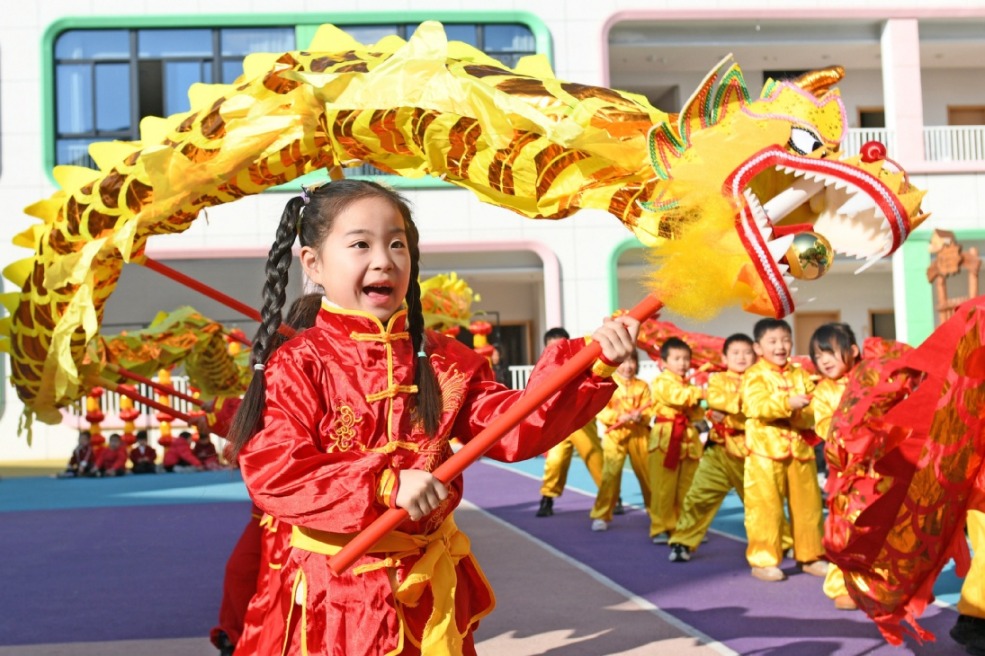EU should advise Russia, Ukraine jaw-jaw is better than war-war

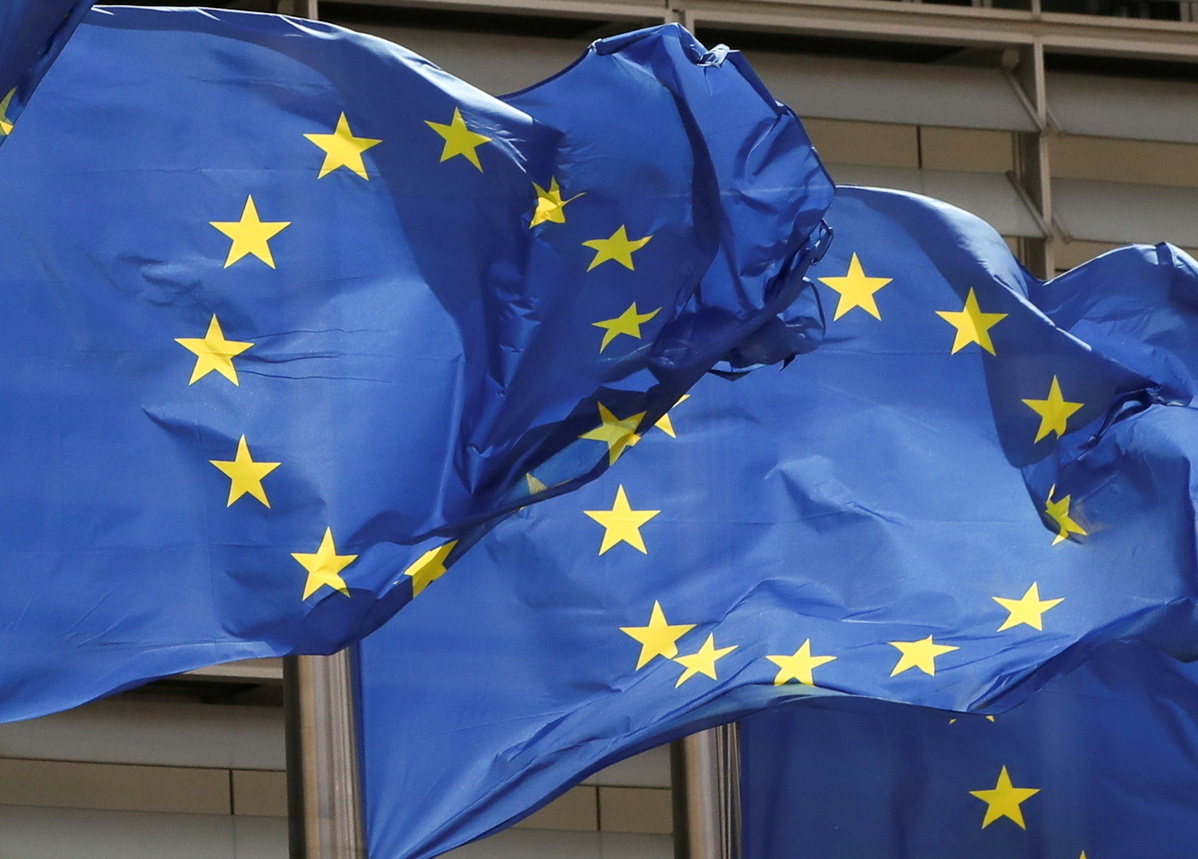
Pope Francis made headlines last week for his comment on ending the Russia-Ukraine conflict. In an interview with Swiss broadcaster RSI, recorded in February but released last week, Pope Francis said: "I think that the strongest one is the one who looks at the situation, thinks about the people and has the courage of the white flag, and negotiates."
He also said "the word negotiate is a courageous word. When you see that you are defeated, that things are not going well, you have to have the courage to negotiate", and added, "don't be ashamed of negotiating before things get worse", meaning before many more people die.
Ukrainian leaders and many Western politicians have rebuffed the Pope's remarks, interpreting the words "white flag" as telling Ukraine to surrender. But the Vatican spokesman said the Pope referred to the image of the white flag suggested by the interviewer to indicate a cessation of hostilities.
While what exactly Pope Francis said might be debatable, the message he sent is clear. The only solution lies in negotiations, because there is no solution on the battlefield, only more deaths and devastation.
The strong backlash against the Pope in Ukraine and some Western countries is not surprising. The words "negotiation" and "diplomacy" have become taboo in much of the West, especially after the United States sabotaged early peace talks between Russia and Ukraine in the spring of 2022.
French President Emmanuel Macron tried that approach in 2022, but he was sharply criticized by many EU politicians for his attempt to "appease" Russia. Recently, he was criticized for saying that he doesn't rule out sending Western ground troops to Ukraine.
The only politically correct thing for the US and European politicians to do now is to talk tough on Russia and call for and supply more weapons to Ukraine.
On Wednesday, European Union member states agreed to provide an additional €5 billion ($5.47 billion) military assistance to Ukraine until the end of this year. That comes on top of the €6.1 billion the EU has committed since early 2022.
The EU decision came a day after White House National Security Advisor Jake Sullivan announced a new round of military aid to Ukraine worth $300 million, which Pentagon officials described as an "ad hoc" package made possible through US Army procurement savings.
The US and the EU are desperate to show their support for Ukraine after the US Congress blocked the funds for military aid to Ukraine. Republican presidential candidate Donald Trump, who is expected to have a rematch with President Joe Biden in the presidential election later this year, said, that if elected, he would "end the conflict" by cutting off funding to Kyiv, according to Hungarian Prime Minister Viktor Orban who met with Trump at Mar-a-Lago in Florida on March 8.
A survey by the European Council on Foreign Relations in 12 EU member states in January showed that only one in 10 persons think Ukraine will emerge victorious in the conflict, with most saying a "compromise settlement "is necessary to end the hostilities. This means Pope Francis expressed the views that many share but dare not say publicly for fear of being criticized for being politically incorrect.
Since the outbreak of the Russia-Ukraine conflict in February 2022, most developing countries, including China, Indonesia, India, Brazil and South Africa, have called for a cease-fire and urged the two sides to hold negotiations to end the conflict.
Li Hui, special representative of the Chinese government on Eurasian affairs, concluded his second round of visits to Russia, Ukraine, Poland, Germany, France and the EU headquarters in Brussels on Tuesday, in a bid to find a political settlement to the Russia-Ukraine conflict.
China, which has maintained friendly relations with both Russia and Ukraine, hopes the two sides would demonstrate political wisdom to de-escalate the situation, declare a ceasefire and work with the EU to build a sustainable European security architecture.
The world needs more diplomacy and negotiations to restore lasting peace, and cessation of weapon supply to end conflicts.
The author is chief of China Daily EU Bureau based in Brussels.
If you have a specific expertise, or would like to share your thought about our stories, then send us your writings at [email protected], and [email protected].


















